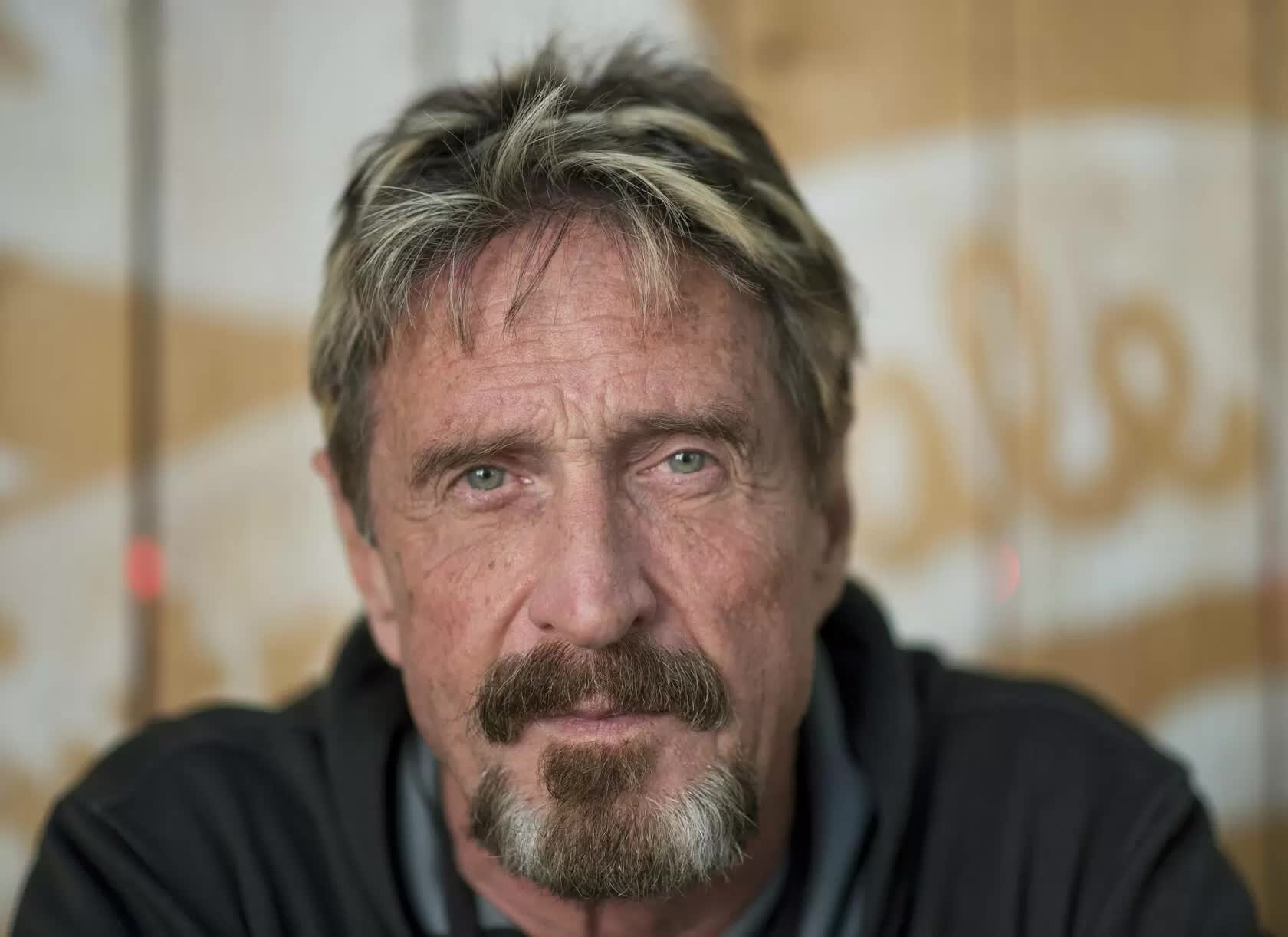Facepalm: Bad boy John McAfee is in trouble again. Federal prosecutors have charged him and an associate with securities fraud and money laundering related to a cryptocurrency pump-and-dump scheme. If convicted on all counts, the two could face up to 100 years in prison.
The US District Court case, unsealed on Friday, charges John David McAfee and Jimmy Gale Watson Jr with racketeering-related crimes. If convicted on all counts, the two could face up to 100 years in prison.
According to the court documents, between December 2017 and October 2018, McAfee and his executive advisor Watson allegedly encouraged Twitter followers to invest in various cryptocurrencies, including Verge, Reddcoin, Dogecoin, and others. The two then sold off their own shares when prices rose, earning them almost $2 million profit and costing investors over $13 million.
"As alleged, McAfee and Watson used social media to perpetrate an age-old pump-and-dump scheme that earned them nearly two million dollars," said FBI Assistant Director William Sweeney in a DoJ press release.
"McAfee, Watson, and other members of McAfee's cryptocurrency team allegedly raked in more than $13 million from investors they victimized with their fraudulent schemes," Manhattan US Attorney Audrey Strauss added.
McAfee and Watson face seven counts, carrying maximum penalties of five to 20 years in prison. Charges include wire fraud, conspiracy to commit commodities and securities fraud, and conspiracy to commit money laundering. The two may also be forced to pay an undisclosed sum in restitution.
This is not McAfee's first run-in with the law. The on-again-off-again tech entrepreneur spent most of 2019 and 2020 running from US authorities seeking to bring him to justice over several years of tax evasion. He was subsequently arrested in Spain last October and extradited to the US. In 2012, McAfee was arrested in Guatemala for entering the country illegally and deported to Belize, where he was wanted for allegedly putting a hit on his neighbor. He was ordered to pay $25 million in that case but did not comply, maintaining that he was innocent.
